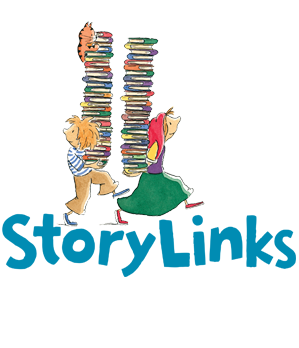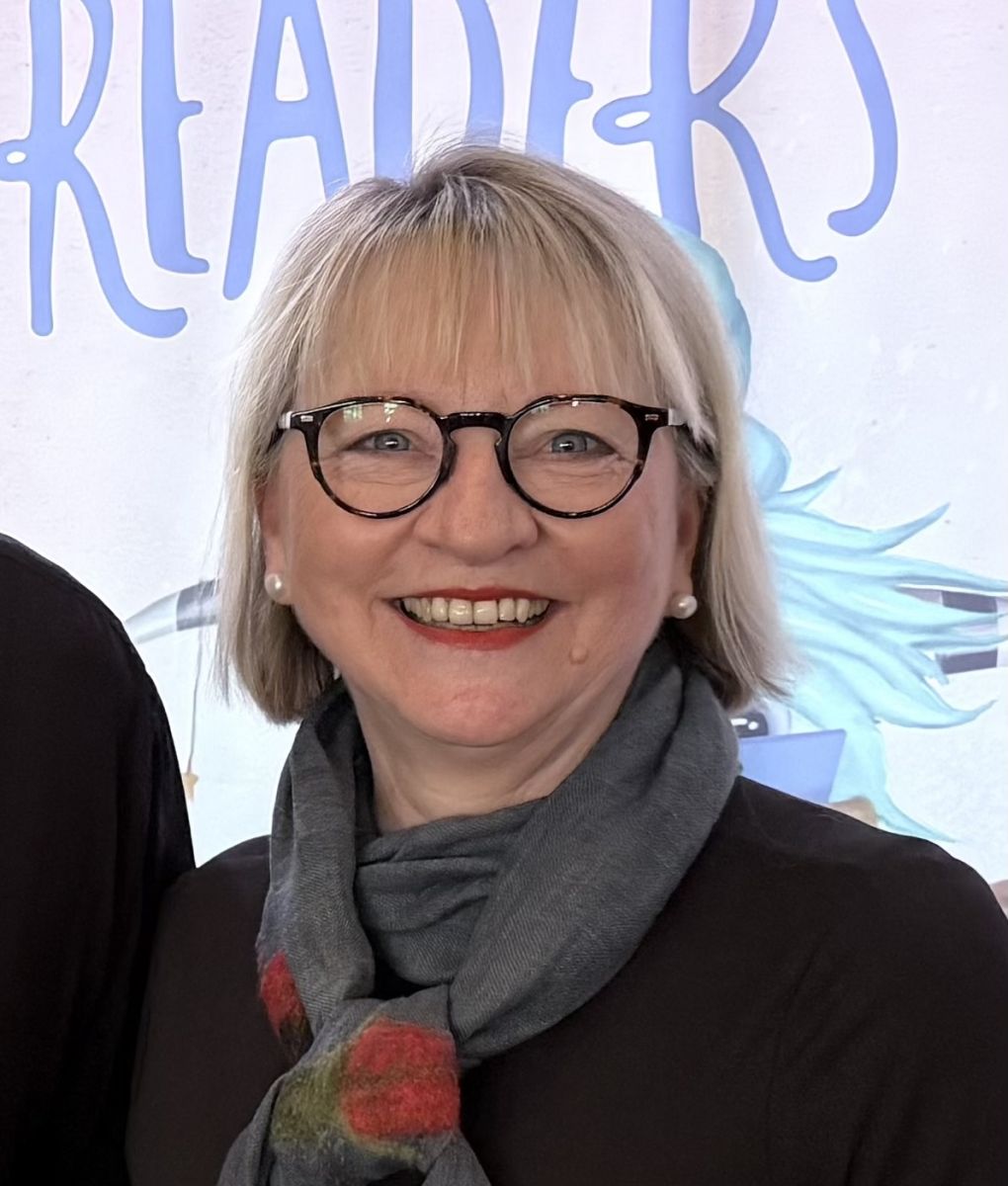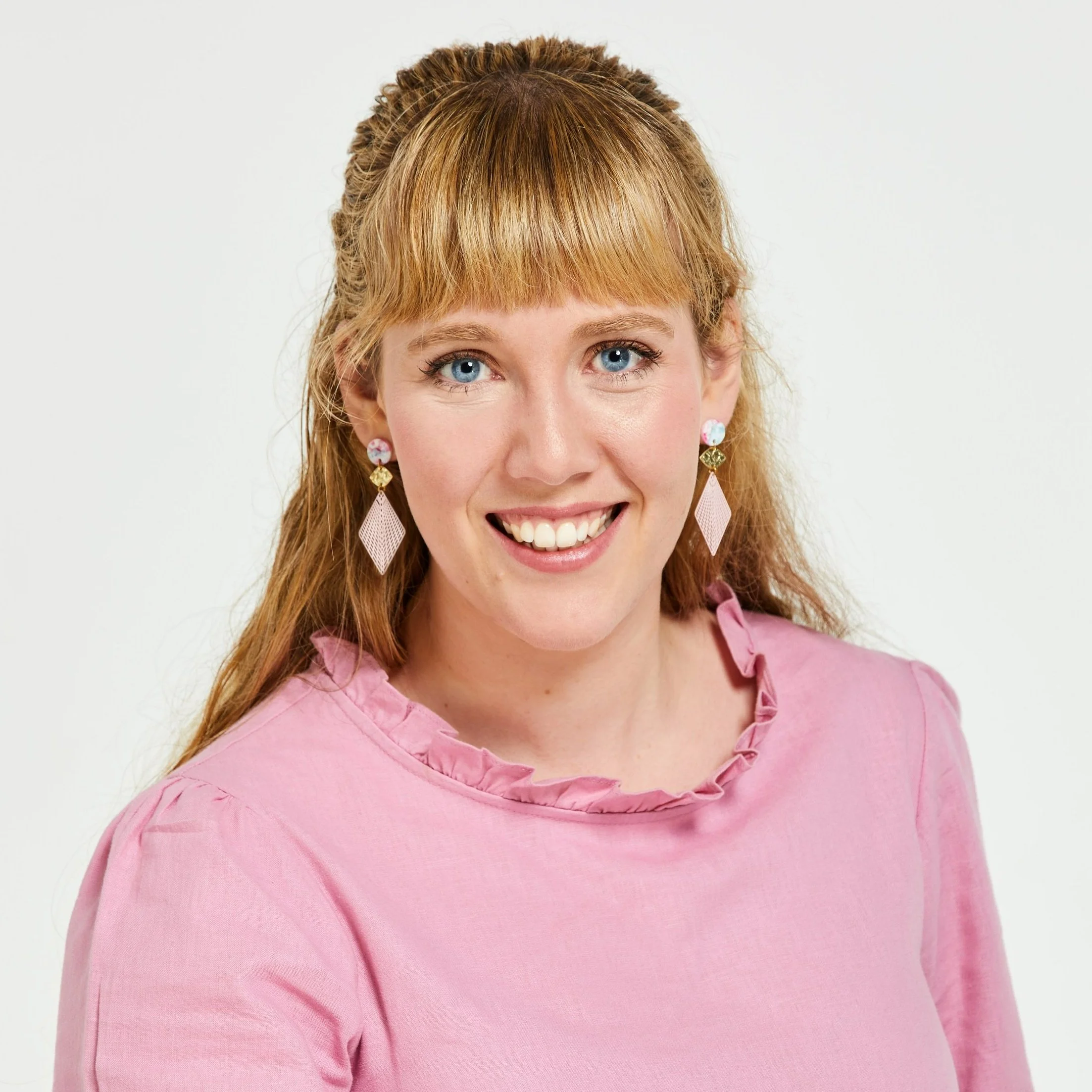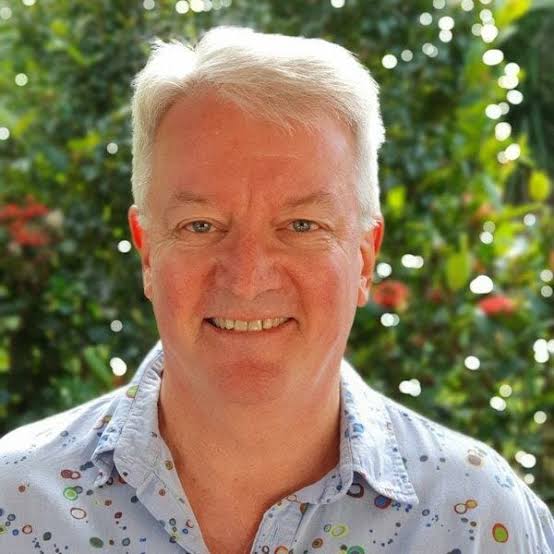
Ask the Author: Richard Yaxley
Liane McDermott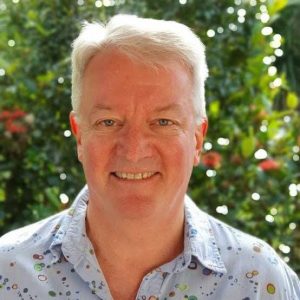 spoke to Richard Yaxley about his writing.
spoke to Richard Yaxley about his writing.
Richard is a Brisbane-based author whose short story Fly High won the 2024 StoryLinks Short Story competition. His novels include This Is My Song (winner of the 2018 Prime Minister’s Literary Award for YA Literature; winner of the 2019 ACU Book of the Year Award; finalist in the 2017 Queensland Literary Awards), The Happiness Quest (2019 CBCA Notable for Older Readers), A New Kind Of Everything (2020), Harmony (2021; longlisted for the CYA section of the ARA Historical Novel Prize) and, most recently, Leonardo Forever (2023).
Richard is also a past winner of the Queensland Premier’s Literary Award (Drink the Air, 2010), a Fellowship from the May Gibbs Literature Trust and, in 2022, the inaugural QWC-Varuna Fellowship for Established Writers. He is a regular presenter of writing workshops and was a judge for the Prime Minister’s Literary Awards in 2021.
Richard has written or co-written over twenty-five textbooks for classrooms across Australia. In 2011, he was awarded a Medal in the Order of Australia (OAM).
When did you realise you wanted to become an author?
I was an early, precocious reader and loved writing stories as a child. In Grade 6, at Lindisfarne Primary School in Hobart, I had a teacher, Miss Chappell, who ran a ‘contract learning’ class. This meant that we were given our contract, the week’s work, on Monday and the opportunity, if we finished early, to pursue our own projects. For me, this was highly motivating. I usually managed to get through the maths, geography etc. by Wednesday afternoon, giving me two full days to write – and in those days, illustrate – my stories. Miss Chappell would always find time to read them and make suggestions, and she even sent some to local writers for their comments. She was a wonderful mentor.
Throughout secondary school I wrote poems and stories – mostly about unrequited love! But the idea of becoming a professional writer really took hold after I read The Great Gatsby when I was sixteen. I was mesmerised by the poeticism of Fitzgerald’s language and the interplay of beauty and horror in the novel. I decided that I wanted to write stories for a living, not in the vain hope of emulating Fitzgerald, but because it seemed like such a wonderful, creative thing to do.
Are there any other writers who inspire you? Favourites?
I’m inspired by anyone who has the drive and capacity to write, and the willingness to share that writing. As such, I read widely, across genres. I like a good crime fiction book – Peter Temple, author of Truth and The Broken Shore was a genius – as much as I like literary works – Alice Munro, Toni Morrison, Cormac McCarthy – and contemporary stories – Anne Patchett, Ian McEwan, Paul Theroux – and non-fiction, Helen Garner being my standout there. I regularly read plays, which helps me to hone my dialogue-writing skills, and poetry, to remind myself of the importance of economy in writing and the wonderful acrobatics that are available in forming language.
I was heavily influenced in my decision to pursue children’s literature by Katherine Paterson’s Bridge to Terabithia, which I still see as a perfect novel.
What do you hope to inspire in young people reading your stories?
First and foremost, a love of literature. I regularly visit schools and try to show kids how stories can help us better understand our own lives. It sounds corny but for me as a person, stories have always offered a refuge. I can head into other places and use them as a platform for sorting out my ideas or problems.
The other key message is the importance of literacy. People talk about a rich-poor divide in our society – and there’s obviously merit in discussing and dealing with that – but I think the literate-illiterate divide is just as, if not more, significant. It’s very difficult for anyone who is illiterate or, at best, functionally literate to access opportunities in our world. I want young people to understand that their best shot at personal and professional happiness and fulfilment means being as literate as possible.
What was the inspiration behind your short story ‘Fly High’?
I usually begin with characters and their relationships. In this instance, I wanted to write about a family coming together, rather than the more usual trope of writing about them falling apart. I was contemplating what might bring them towards greater cohesion when I drove past a sign advertising a kite festival. My brain went ‘ping!’ – it does that – and I went home and wrote the story.
Fly High was one of those stories that streamed out quickly and without much need for revision. For me, it’s a gentle invocation of the best kind of love.
What short story writing tips do you have for aspiring authors?
I don’t obsess too much about plot. I have a goal – the reason I’m writing the story – and some characters. I let it run from there.
Also, work economically. If the detail is extraneous to your purpose, the detail goes. Put your short story on a vocab diet!
I love the novels and stories of the late American crime fiction guru, Elmore Leonard, who also gave us Ten Rules for Writing. Numbers 8, 9 and 10 are especially pertinent for short story writing (reproduced in summary below):
8. Avoid detailed descriptions of characters
9. Don’t go into great detail describing places and things
10. Try to leave out the part that readers tend to skip
Leonard also suggested that his most important rule summed up the ten: ‘If it sounds like writing, I rewrite it.’ Excellent advice!
Thank you for talkiing to StoryLinks. To read Fly HIgh go here. For more information about the StoryLinks Short Story Competition go here.
Connecting everyone to the world of story

